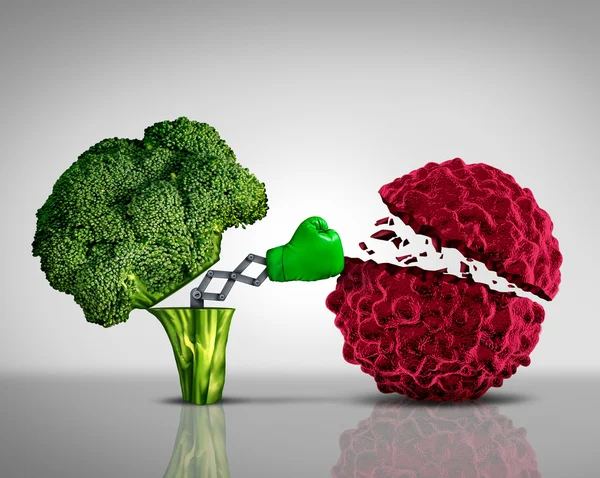The Big Benefits of Anti- Inflammatory Diets

The Risks of Desk Jobs and Your Spine
June 16, 2023
Cell Phones and The Impact on Accidents
June 16, 2023Anti-Inflammatory Diets
An anti-inflammatory diet is a way of eating that focuses on reducing bodily inflammation. Having too much inflammation can cause health problems including joint arthritis, gut/digestive issues, heart disease, increased cancer risk, poor sleep, decreased lung health, and some skin ailments. The diet consists of foods that are rich in nutrients and antioxidants and avoiding certain foods that can trigger inflammation. The Mediterranean diet and DASH (Dietary Approach to Stop Hypertension) diet are two popular anti-inflammatory diets. Here are some key components of a low inflammatory diet:
Avoid:
Avoid processed foods: Processed foods like fast food, sugary drinks, processed meats (deli meat, hotdogs), and snack foods are often high in unhealthy fats, refined sugars, and preservatives- all of which can trigger inflammation in the body.
Avoid trans fats: Trans fats are frequently found in processed foods and trigger inflammation in the body. Avoiding foods with trans fats, like fried foods and baked goods, can help reduce inflammation.
Consumption Appropriate:
Consuming anti-inflammatory foods: Foods that have been shown to have anti-inflammatory properties such as fruits, leafy vegetables, whole grains, nuts, seeds, and fatty fish.
Omega-3 fatty acids: Omega-3 fatty acids are a type of healthy fat that has been shown to have anti-inflammatory properties. Good sources of omega-3s include fatty fish, such as salmon and tuna, as well as flaxseeds, chia seeds, and walnuts.
Spices and herbs: Spices and herbs like turmeric, ginger, garlic, and cinnamon, have anti-inflammatory properties and can be used to flavor foods or be taken as a supplement.
In addition to following these tenants, a low inflammatory diet can be enhanced by consuming certain nutrients and food types. Here are some of the most recommended anti-inflammatory foods and natural supplements:
- Fatty fish: Salmon, tuna, sardines, and fish oil contain omega-3 fatty acids.
- Berries: Strawberries, blueberries, raspberries, and blackberries are rich in antioxidants which help the body remove free radicals that create cellular damage.
- Leafy greens: Leafy greens, such as spinach, kale, and collard greens contain antioxidants and other anti-inflammatory compounds.
- Nuts: Nuts, like almonds and walnuts, are high in both healthy fats and antioxidants.
- Olive oil: Olive oil is high in healthy monounsaturated fats and antioxidants.
- Turmeric: Turmeric contains an anti-inflammatory compound called curcumin.
- Beets: Beets are a source of anti-inflammatory antioxidants, including betalain which gives beets their bright color. They also can be a source of magnesium.
- Ginger: Ginger contains compounds called gingerols and shogaols.
- Garlic: Garlic contains sulfur compounds that can help reduce inflammation in the body.
- Green tea: Green tea contains polyphenols, which have been shown to have anti-inflammatory effects and can be consumed as a supplement or beverage.
- Whole grains: Whole grains, like brown rice and quinoa, are high in fiber and antioxidants.
- Quercetin: Often taken as a supplement, quercetin is a flavonoid found in many fruits and vegetables, such as apples, onions, and berries.
- Resveratrol: Resveratrol is a compound found in grapes, red wine, and berries. It has been shown to have anti-inflammatory properties when taken as a supplement.
- Bromelain: Bromelain is an anti-inflammatory enzyme found in pineapple.
It’s important to talk to a healthcare provider before taking any supplements, as they can interact with other medications and have potential side effects. Overall, an anti-inflammatory diet emphasizes whole, nutrient-dense foods while limiting processed and generally unhealthy foods. Following an anti-inflammatory diet can help reduce inflammation in the body and may help prevent chronic diseases such as heart disease, cardiovascular disease, diabetes, and cancer. In addition to mitigating adverse health outcomes, this diet also promotes optimal health and recovery overall. Anyone suffering from chronic conditions involving inflammation should consider speaking with their medical provider to see if an anti-inflammatory diet is right for them.
— This article is written by Deryk Harting, DC, one of the members of Chambers Medical Group’s team of car accident chiropractors who offer a variety of treatments and therapies ranging from diagnostic testing to various soft tissue therapies for car accidents and injuries in Florida.
–
Have you been in a car accident? If you or somebody you know has been in a car accident, be sure that you seek medical attention from a car accident doctor or car accident chiropractor to treat your injuries. Visit Chambers Medical Group to receive world-class medical treatment for your injuries.
Chambers Medical Group has car accident medical clinics in the following locations:
- Car Accident Medical Clinic in Tampa
- Car Accident Medical Clinic in Plant City
- Car Accident Medical Clinic in Brandon
- Car Accident Medical Clinic in Lakeland
- Car Accident Medical Clinic in Sarasota
- Car Accident Medical Clinic in Louisville
- Car Accident Medical Clinic in Lexington
- Car Accident Medical Clinic in Florence




